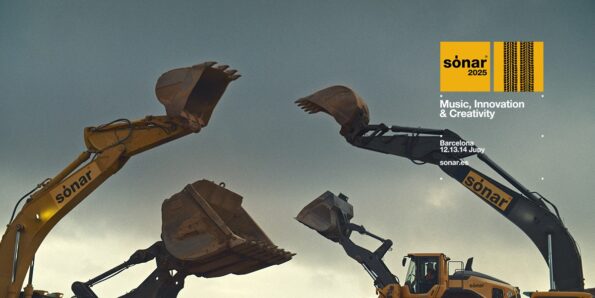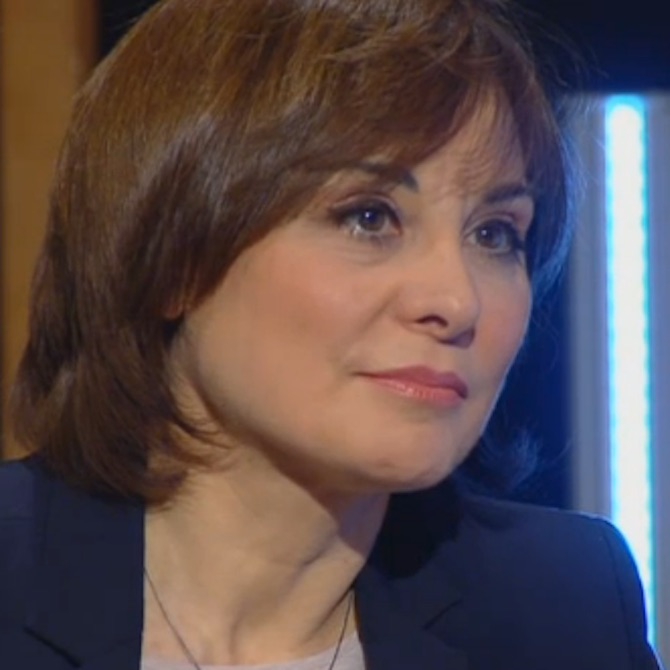Search
To search for an exact match, type the word or phrase you want in quotation marks.
A*DESK has been offering since 2002 contents about criticism and contemporary art. A*DESK has become consolidated thanks to all those who have believed in the project, all those who have followed us, debating, participating and collaborating. Many people have collaborated with A*DESK, and continue to do so. Their efforts, knowledge and belief in the project are what make it grow internationally. At A*DESK we have also generated work for over one hundred professionals in culture, from small collaborations with reviews and classes, to more prolonged and intense collaborations.
At A*DESK we believe in the need for free and universal access to culture and knowledge. We want to carry on being independent, remaining open to more ideas and opinions. If you believe in A*DESK, we need your backing to be able to continue. You can now participate in the project by supporting it. You can choose how much you want to contribute to the project.
You can decide how much you want to bring to the project.

Spring is here, and the first news related to Sónar 2025 is starting to emerge. Rather than theorizing about the contents, we’ve prepared a very practical guide as a preview. To do this, we took as a reference a project by Antoni Muntadas (it’s worth relying on the wisdom of the classics) titled Projects, which nicely summarized the key questions for tackling a new project: Who? What? Why? How? Where? When? For Whom? How much?
Let’s get started!
Who?
Sónar+D, the most experimental, theoretical, inclusive, and educational section of Sónar at the festival/major event/heavyweight of the cultural industries. It’s also the most interdisciplinary section that goes beyond the strictly musical scene.
The Who list also includes some key names among the participants, including artists, technologists, scientists, and, we quote literally, “radical minds from the fields of audiovisual, music, engineering, quantum computing, and interface design.” The constantly updated list of participants can be found here.
What?
A program structured around three thematic axes: AI + Creativity (on alternative approaches to AI in artistic production, always from a humanist perspective); Imagining the Future of the Creative Industries (changes, opportunities, and risks in the sector); and Worlds to Come (new relationships between technology, culture, and society).
This year’s program aims to explore topics such as digital sustainability, non-binary futurism, space exploration, neurohacking, and emerging trends in internet culture, always from a humanist perspective, not devoid of humor and satire.
Why?
An event that brings together different perspectives to reflect on topics and tools that are redefining the present and future of all aspects of our lives.
Sónar +D is also a benchmark that energizes the cultural, educational, and technological sectors of the city of Barcelona, positioning it as a global leader in these areas.
How?
Sónar by Day encompasses a multitude of formats, including interactive forums, roundtables, masterclasses, performative conferences, workshops, multidisciplinary shows, exhibition projects, and much more.
Where? & When?
June 12-13-14, 2025, Sónar by Day at the Palau de Congresos de la Fira de Montjuïc.
But also, from Tuesday, June 10th to Sunday, June 15th, the already well-established Sónar Week will take place in a network of cultural institutions in the city (Pompeu Fabra University, Palau de la Música Catalana, Mies van der Rohe Pavilion, Foto Colectània, and Fundació Miró).
For Whom?
Sónar + D is especially aimed at creators from different artistic fields, as well as professionals and students linked to the creative industries, and communities in the fields of science, marketing, and technology.
How much?
For tickets and passes, you will find all the information here. As for the event’s budget, we’ll revisit it later, when the dates get closer and the numbers are finalized.
To be continued…

Montse Badia has never liked standing still, so she has always thought about travelling, entering into relation with other contexts, distancing herself, to be able to think more clearly about the world. The critique of art and curating have been a way of putting into practice her conviction about the need for critical thought, for idiosyncrasies and individual stances. How, if not, can we question the standardisation to which we are being subjected?
www.montsebadia.net
"A desk is a dangerous place from which to watch the world" (John Le Carré)